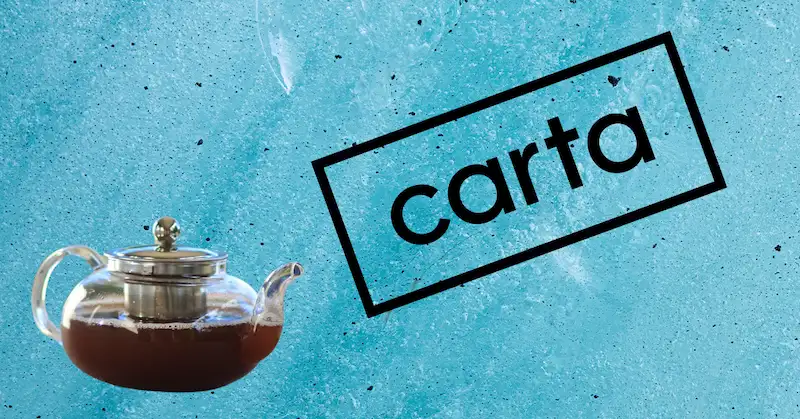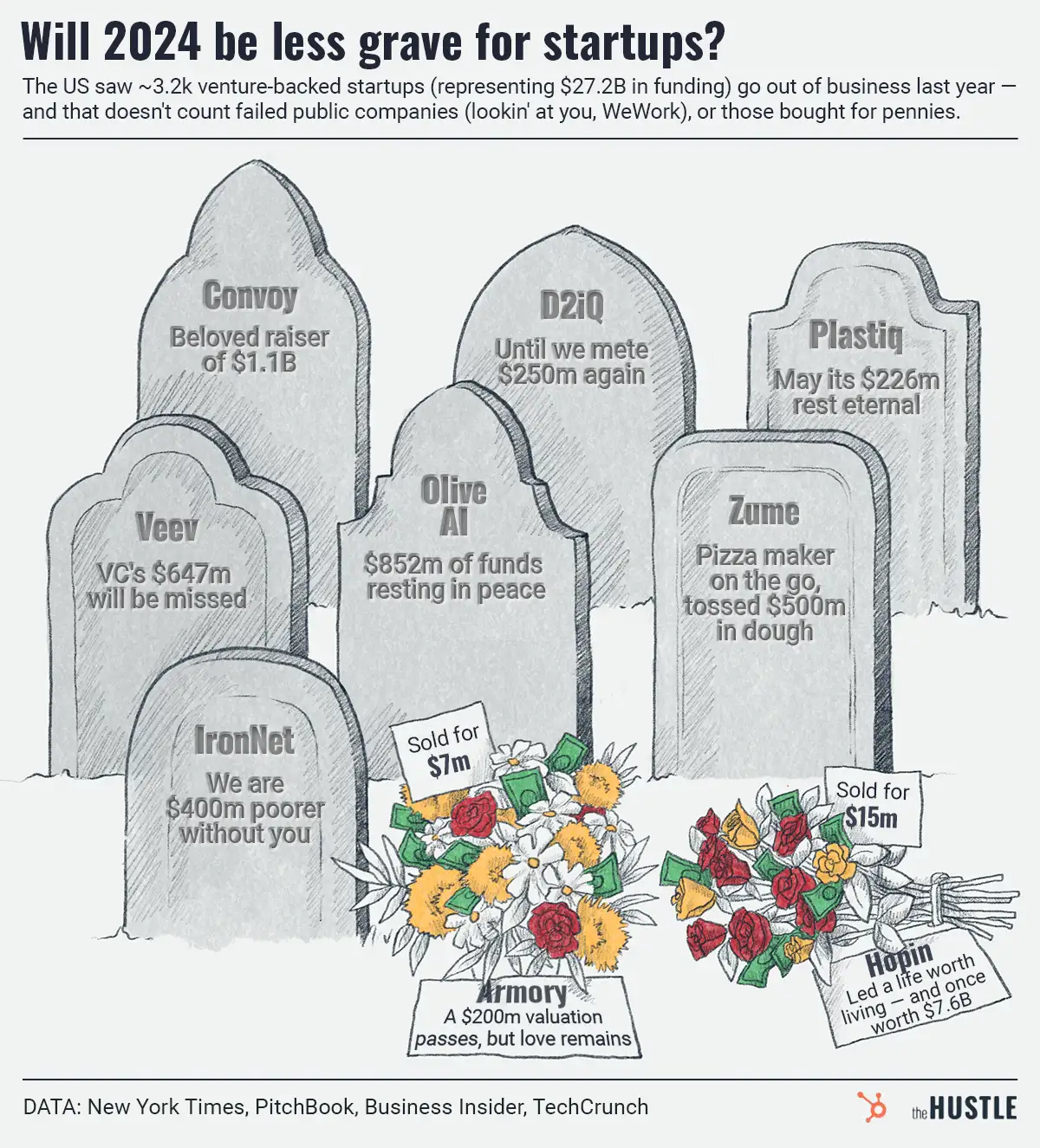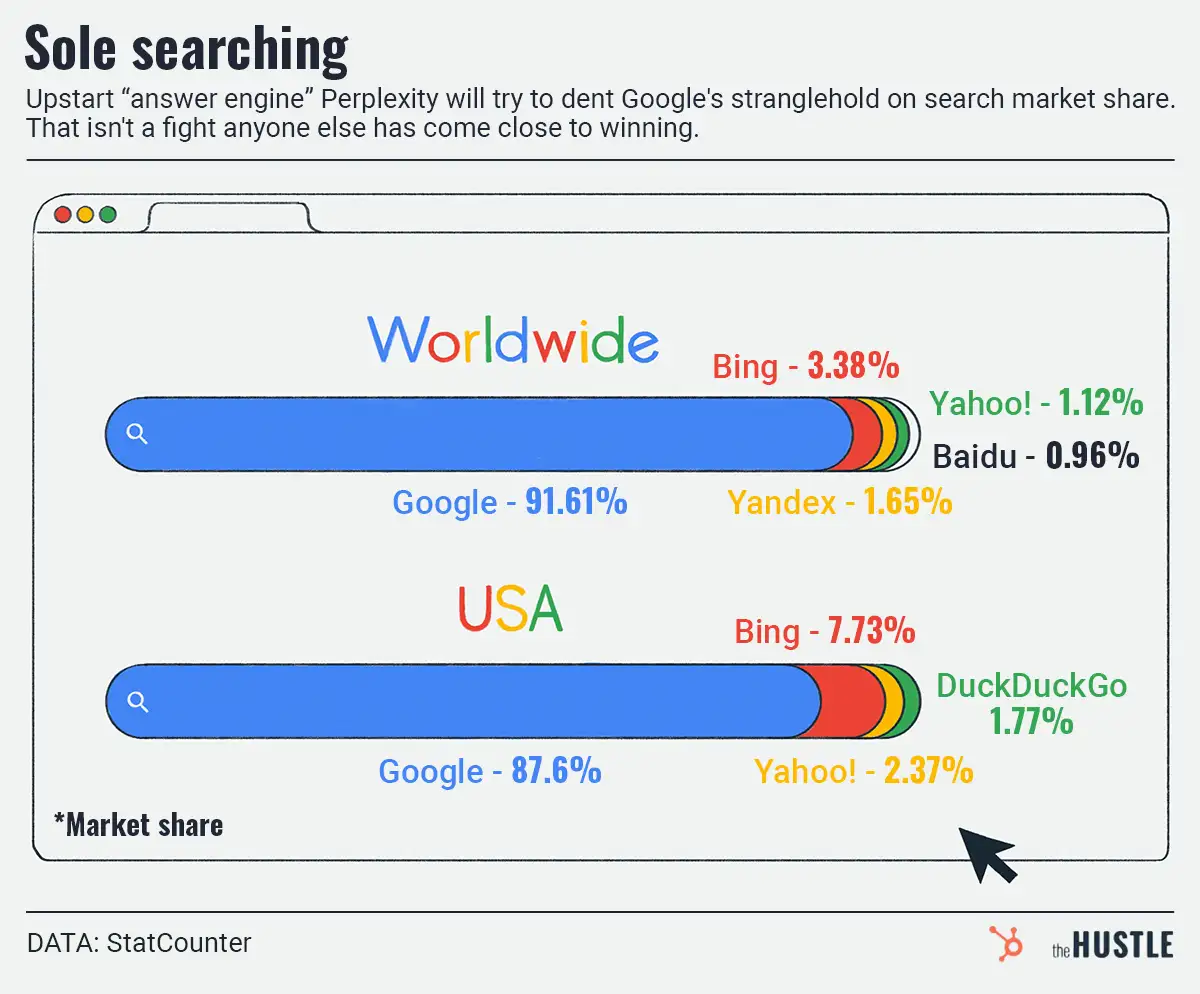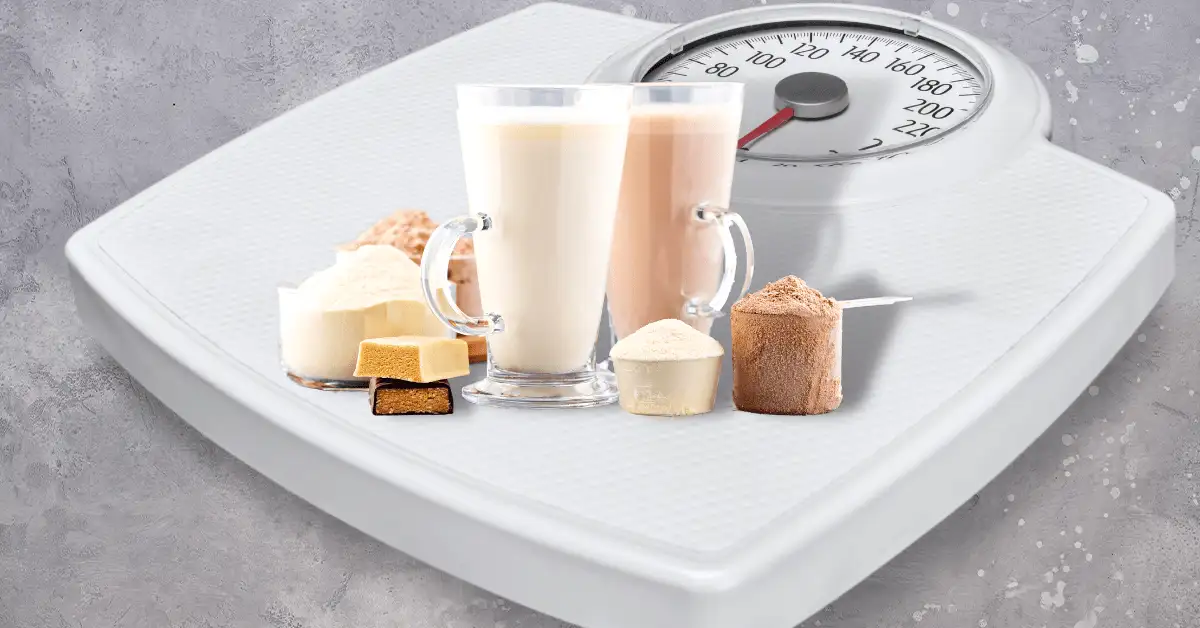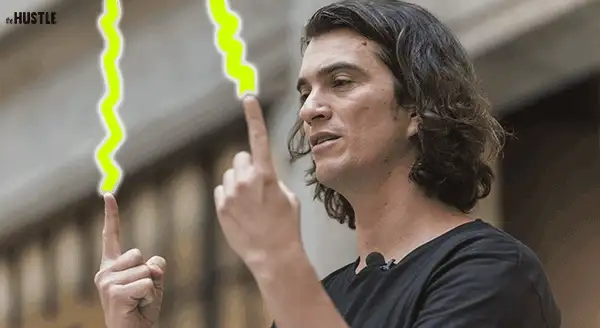Not content with a burial or a cremation?
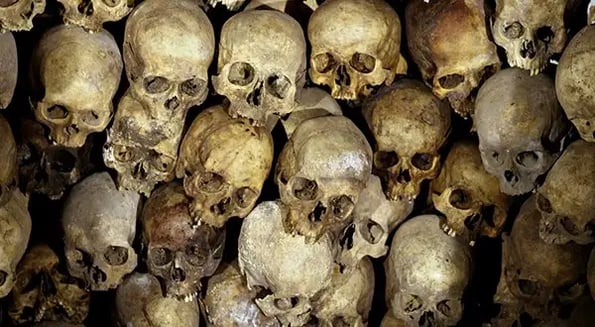
The startup Recompose is creating a new model of deathcare that converts human bodies into soil through a process called natural organic reduction.
Getting off the ground was not easy
Recompose’s founder Katrina Spade spent 7 years lobbying the state of Washington for a legal alternative to burial or cremation.
When the bill passed late last year, she was prepping an 18.5k-sq.-ft. warehouse in Sodo, Washington. At the location, bodies were to be placed in a “special mix of wood chips, alfalfa, and straw” that would decompose into usable soil in a matter of weeks.
Then the pandemic hit.
Funding dried up and Spade thought her project was over. Fortunately, someone offered her a smaller warehouse for her… composting.
Death has a big impact on the environment
Fighting climate change is an important part of Recompose’s mission.
Recent coverage of Recompose in the MIT Technology Review highlights the problem with existing options in the US:
- Cemeteries take up ~1m acres of land.
- Caskets destroy 4m acres of forest every year.
- Burials collectively use 30m boards of wood and 800k gallons of embalming fluid every year.
Alternatively, Recompose creates a cubic yard of soil per person (“two wheelbarrows” worth), which loved ones can choose to keep or donate to a forest.
The transformation of deathcare
As we covered recently in our Trends newsletter, startups focused on deathcare have raised $77m in 2020, disrupting a space that’s often associated with shady pricing tactics.
Recompose will be accepting its first human bodies in November. At $5.5k, its service is ~40% cheaper than the average traditional funeral.
Related coverage:

